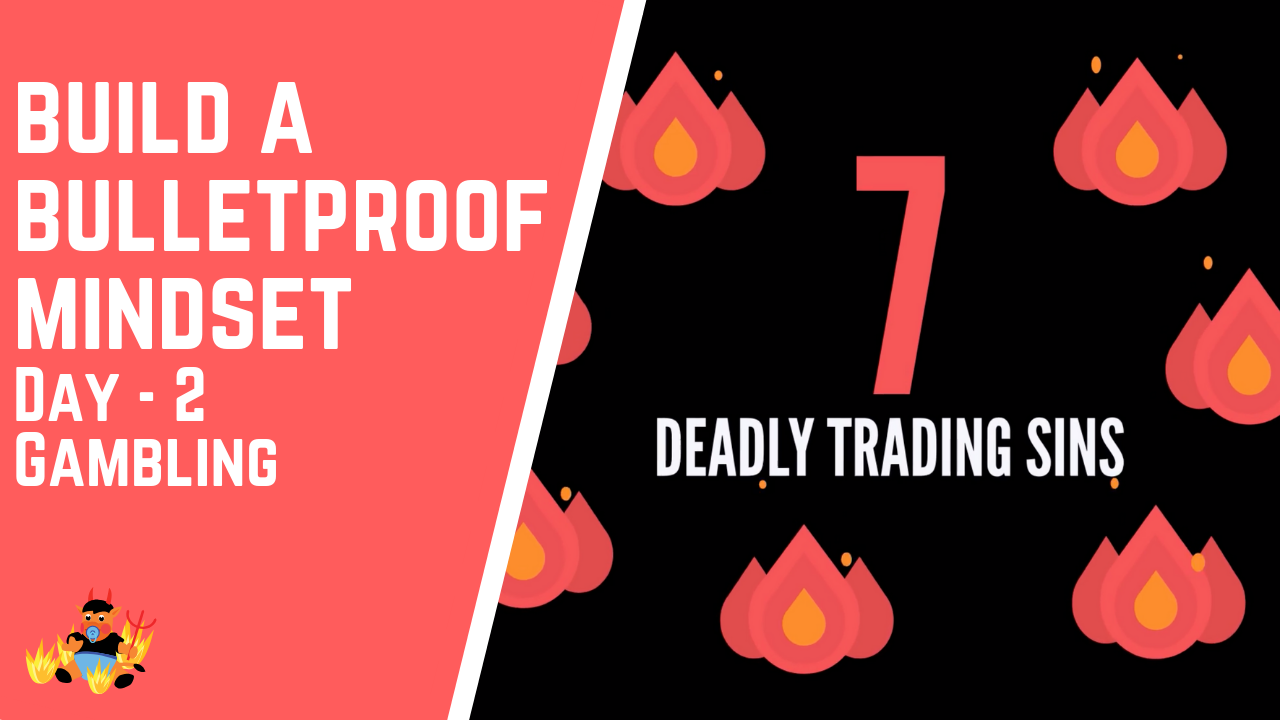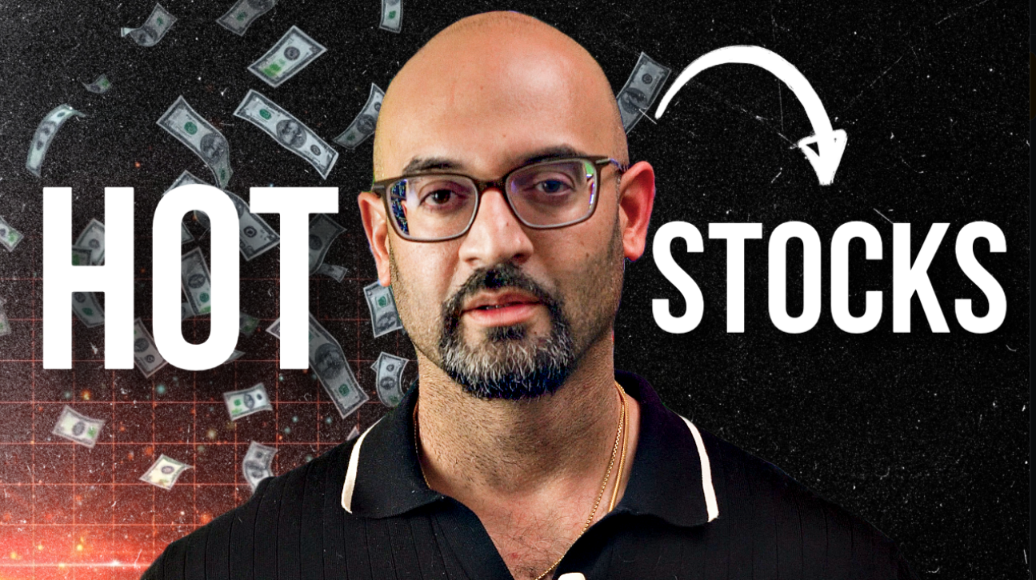In many ways trading is just like gambling. The stock market is random by nature. But winning traders know how to find a niche in the market and make the probabilities work in their favor. Losing traders are playing the slot machine, while winning traders are running the casino.
Winning traders know that in the long run they will make money. Traders who gamble can get lucky and make money in the short term, but in the long run they always end up losing all of their money. Here are 3 most common causes for people gambling in their trading, and what to do to avoid them:
Risking Too Much
“I’m going to double my size on this next trade to make back what I lost.” “I’m going to use the rest of my buying power to average down here.” “Fuck it I’m all in.”
If this sounds like you, you are gambler, not a trader. Gamblers have no risk management. They don’t evaluate risk vs reward, they just jump in to all their trades head first. They measure risk or preserve their capital, and as a result, it quickly disappears.
Risk proportionally to your net worth, and what is in your trading account. Don’t risk what you cannot afford to lose. One losing trade should not affect your lifestyle. Ideally you shouldn’t be risking more than 1% of trading account per trade.
No Proven System
Traders who gamble do not know the setups that can generate them income over a long period of time. They get long a stock just because they saw a hot stock tip they read on the Motley Fool. There is no “why” tothere trading. They make money, then give it back. Make some more money, and then give it back. Commissions and fees end up eating them alive, and their trading accounts slowly disappear.
These traders do not know their edge because they do not track their trades. They don’t study their winners, and figure out how to replicate them. They don’t study their losers, and figure out how to eliminate them. Tracking your trades is the first step towards developing a profitable trading system that can generate you income.
No Plan
When you trade without a plan, you are essentially just spinning the slot machine. Before every trade, you should know at what price you are entering, what price you will stop out, what price you will take profits at, and how many shares you will buy and sell at all these levels.
If you do not plan out any of these things before a trade you are gambling.
Winning traders prepare for all the possible scenarios before they enter a trade. There is no impulsivity. It is all careful calculation, planning, and patience. Write down those 4 things before you take every trade: Buy price, stop loss, 1st profit target, and how many shares you will buy and sell. Write down the context and reason for your trade as well. Having all of this information will keep you focused when you get in the trade, and keep your emotions under control.
Free Webinar
We are doing a free web-class on December 17th where we will go over all of the 7 sins in even more detail, show exactly how to overcome these and, build a bulletproof mindset. Mark it on your calendar and join us live.



